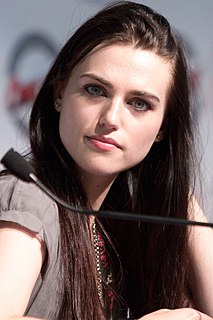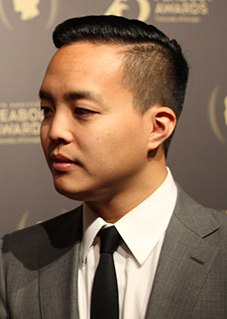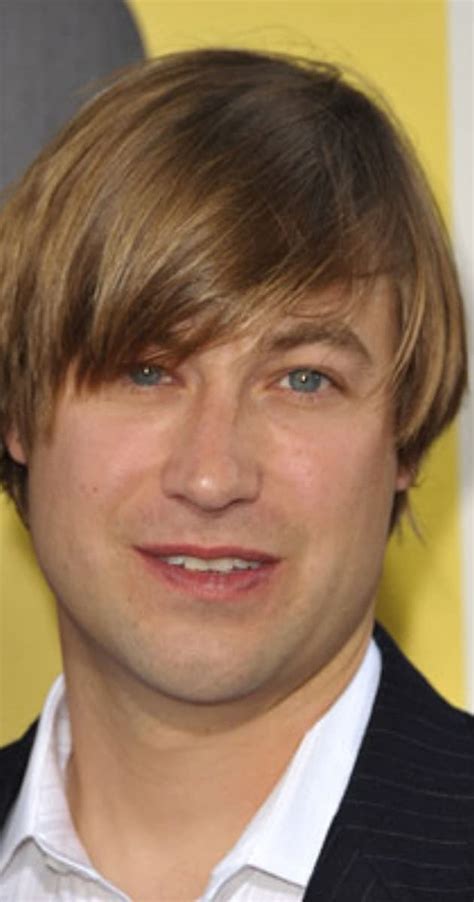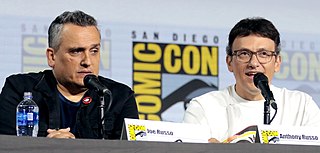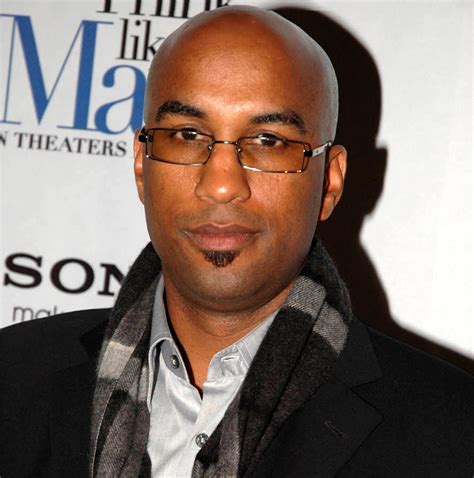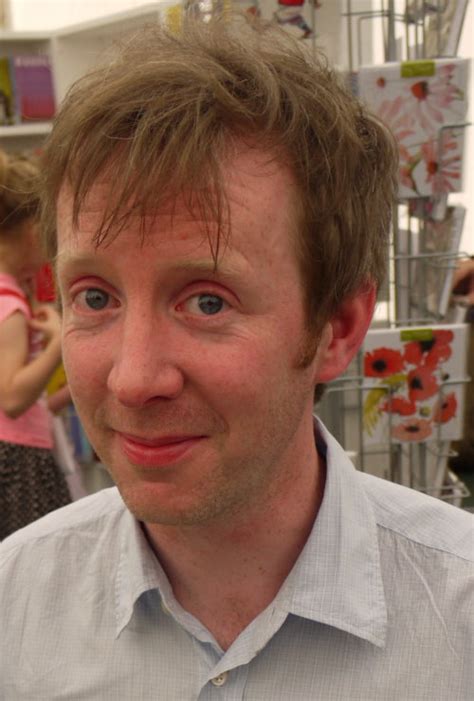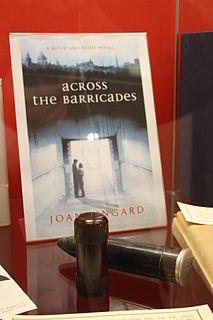A Quote by Katie McGrath
I have always said the success of the show has stemmed from our audience being able to relate to the characters on different levels - being based on the universally loved Arthurian legend is only a tiny part of its success - it's a story about acceptance and growing up. The breathtaking finale of this series leaves you with no doubt that characters have been on their journeys and had their stories told - it's completely the right time to draw our telling of the story to a close.
Quote Topics
Able
About
Acceptance
Always
Arthurian Legend
Audience
Based
Been
Being
Breathtaking
Characters
Close
Different
Different Level
Different Levels
Doubt
Draw
Finale
Growing
Growing Up
Had
Journeys
Leaves
Legend
Levels
Loved
No Doubt
Only
Our
Part
Relate
Right
Right Time
Said
Series
Show
Stories
Story
Success
Telling
Time
Tiny
Universally
Up
Related Quotes
The editor, Stephen Segal, actually called me with the idea of creating an accordion book [ "The Thorn & The Blossom"], and asked if I could write a story for it. I was so intrigued! I immediately knew that it had to be a love story told from the points of view of the two main characters. Right away, I started working on a proposal. And once I had my main characters, Brendan and Evelyn, it was as though they started telling me their stories.
I have always liked kind of outsider characters. In the movies I grew up liking, you had more complicated characters. I don't mean that in a way that makes us better or anything. I just seem to like characters who don't really fit into. You always hear that from the studio: "You have to be able to root for them, they have to be likeable, and the audience has to be able to see themselves in the characters." I feel that's not necessarily true. As long as the character has some type of goal or outlook on the world, or perspective, you can follow that story.
A necessary part of our intelligence is on the line as the oral tradition becomes less and less important. There was a time throughout our land when it was common for stories to be told and retold, a most valuable exercise, for the story retold is the story reexamined over and over again at different levels of intellectual and emotional growth.
The Prodigal Son story is, I think, the greatest short-story ever written. It has such drama in it, such great characters, it's so clear and concise, and it's entertaining in the sense that everyone can relate to it. But you have no doubt what our Lord was trying to communicate in the heart of that story. So the truth was not sacrificed on the altar of entertainment in that case. And it can be.
I feel like, if I'm being honest with myself, my biggest skill set is as a writer 'cause I can do that quickly and I'm really grounded in story structure. Part of my success as an actor, is that I know story well. Part of my success as a director, is how well I know story. Same thing, as a producer. It all begins and ends with me as a story creator. But, I love doing it all.
I always feel like people misunderstand the difference between an Asian story and an Asian-American story. That's completely different, too. I have friends who grew up in Asia, and our experiences are so different. Even though we might look the same, I feel like being Asian and then being Asian-American is completely different.
Maybe instead of strings it's stories things are made of, an infinite number of tiny vibrating stories; once upon a time they all were part of one big giant superstory, except it got broken up into a jillion different pieces, that's why no story on its own makes any sense, and so what you have to do in a life is try and weave it back together, my story into your story, our stories into all the other people's we know, until you've got something that to God or whoever might look like a letter, or even a whole word.
When an acting teacher tells a student 'that wasn't honest work' or 'that didn't seem real,' what does this mean? In life, we are rarely 'truthful' or 'honest' or 'real'. And characters in plays are almost never 'truthful' or 'honest' or 'real'. What exactly do teachers even mean by these words? A more useful question is: What is the story the actor was telling in their work? An actor is always telling a story. We all are telling stories, all the time. Story: that is what it is all about.
Speaking only for myself, the ideal finale to me is 'Friday Night Lights,' where you have loved and worshipped a show for all these years, you get to come back, celebrate the characters, finish up their journeys, and send everyone out with a feeling of, 'My God, I'm so grateful that I got to know these people.'
